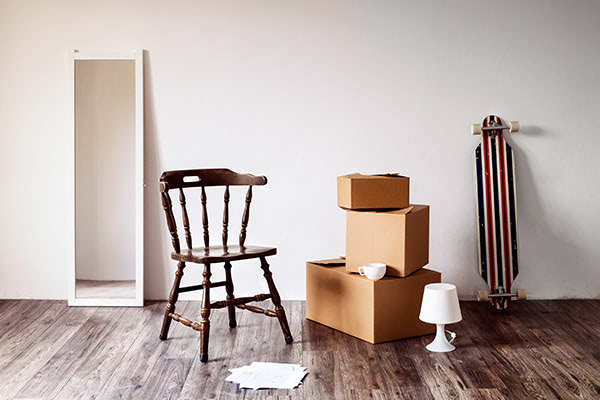So, what does it mean to be house poor?
There is a perception among many Canadians that a major marker of success and adulthood is homeownership. The idea of owning a home often evokes feelings of security, comfort, and responsibility. It’s easy to see why there is a mass appeal for homeownership. This is not to say that homeownership is a bad thing, at all. The issue is that many may rush to purchase a home before they are truly financially ready. However, what is even more troubling is the desire to “keep up with the Joneses’’ which leads many to purchase homes that are beyond their means.
So, what exactly is being “house poor”?
We often equate capital with success, and sadly derive our own self-worth from it. So, it’s no surprise that four in ten Canadians are house poor. This happens because we tell ourselves that overspending on a home is not only responsible, but expected. This leads us to neglect the severe mental distress one can go through when they are spending so much on shelter alone.
Let’s talk about what exactly it means to be “house poor.” If we’re “house poor” it means that we are spending an excessive amount of our income on our housing expenses. Lender guidelines indicate that no more than 39 per cent of gross income should be used to cover expenses such as mortgages, taxes, and utilities. Spending more than this leaves us with little for other necessities such as food, and non-housing related payments such as phone or credit card bills. We are left with even less for savings and leisure spending. As odd as it may sound, not having adequate resources or time for leisure can negatively impact one’s mental health. In addition, this stress becomes even worse when we’re uncertain we can meet our most basic needs when an emergency arises.
Don’t get caught up in appearances
I get it, nice things are, well, nice. Making sure you remember why you want to buy a home is an important part of not getting caught up in appearances. Are you buying a home to impress other people, or are you investing in your future and wellbeing? Asking yourself this question will help you stay aligned with your values, and make sure you can enjoy a normal lifestyle, rather than working just to pay your mortgage. It can become a vicious cycle.
The “expense traps” of a house can affect not only discretionary spending for hobbies, but depending on your personal financial situation, it can affect your ability to simply furnish your home. For many it can even severely impact your ability to save for retirement or educational pursuits (either your own or that of your children’s). An Ipsos poll in January 2019 found that nearly half of all Canadians couldn’t cover an unexpected expense of $200 and still be able to pay their bills. According to Stats Canada, between the years of 2017-2018, 8.7 per cent of Canadian households were moderately to severely food insecure.
It’s not all doom and gloom
The advice to avoid becoming house poor is not to forgo homeownership. If homeownership means something to you, you should go for it! The key is for us to be smart about our choices and not let expectations from previous generations, our family, or society at large convince us we need our dream home by some arbitrary deadline. The other thing to remember is that you don’t need to “keep up with the Joneses.” You don’t need to buy a lavishly expensive home to prove that you’re a responsible adult or that you are successful.
Buy a home when you’ve done the necessary research, saving, and are in the position to pay your bills without sacrificing your quality of life. If you’re unsure about when the “right” time to buy is, it is highly personal, but you can find some guidance here. It goes without saying at this point, if you are seriously considering buying a home you should reach out to your friendly neighbourhood mortgage broker!
Failing to plan is planning to fail!
When it comes to which house you buy, shop around. Look at what you will be spending on your mortgage, utilities each month and draw out a budget. If you are spending over 40 per cent of your income on these costs alone, you should reconsider which home is best. Evaluate not just your budget, but your motives when buying a home. Do you want this house for purely intrinsic reasons or do you want it because of what you think the home says about you? With four in ten Canadians reporting being house-poor and even more being unable to cover a $200 expense, you want to ensure you can cover your expenses without sacrificing your quality of life.
Just because you can qualify for the mortgage on your dream home doesn’t mean it’s a good idea. It’s always important to start your journey by talking to an unbiased mortgage broker! If you’re considering buying a home, give me a call at (705) 333-4338 or get in touch with me here!
